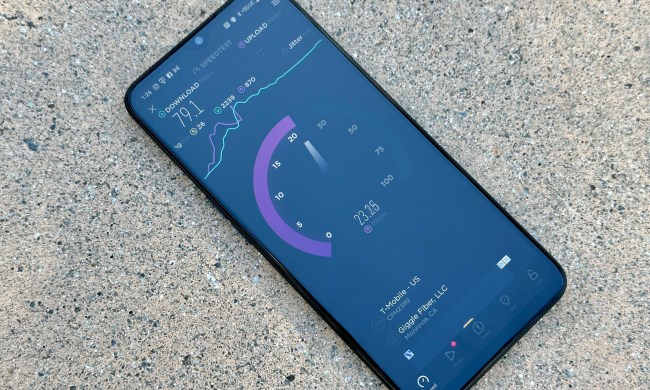
AT&T offered unlimited data plans from 2007, and eventually stopped the practice in 2010, according to the FCC. This left millions of customers with grandfathered unlimited data plans, but AT&T decided to throttle those customers once they hit a certain threshold point each month.
“Consumers deserve to get what they pay for. The FCC will not stand idly by while consumers are deceived by misleading marketing.”
Throttling is the practice of slowing network speeds after a certain amount of data is achieved. The FCC says that AT&T’s “capped speeds were much slower than the normal network speeds AT&T advertised and significantly impaired the ability of AT&T customers to access the Internet or use data applications for the remainder of the billing cycle.”
AT&T isn’t the only carrier to throttle. Verizon has also been accused of doing so from time to time, though it’s since stopped the practice. T-Mobile is known to slow down data of its top users when the network is congested. The difference here is that T-Mobile has made this practice clear to its customers. AT&T, however, never clearly stated it in any of its marketing materials or billing statements. After thousands of complaints from customers in the dark, the FCC was forced to investigate.
AT&T made the following statement after the FCC announcement: “We will vigorously dispute the FCC’s assertions. The FCC has specifically identified this practice as a legitimate and reasonable way to manage network resources for the benefit of all customers, and has known for years that all of the major carriers use it. We have been fully transparent with our customers, providing notice in multiple ways, and going well beyond the FCC’s disclosure requirements.”
FCC Chairman Tom Wheeler said, “Consumers deserve to get what they pay for. Broadband providers must be up front and transparent about the services they provide. The FCC will not stand idly by while consumers are deceived by misleading marketing materials and insufficient disclosure.”
This isn’t the first time that AT&T ended up in hot water with the FCC. Last year, AT&T was forced to refund customers $105 million for cramming. Cramming is the practice of passing on unauthorized third-party charges for things like horoscopes and sports scores.


